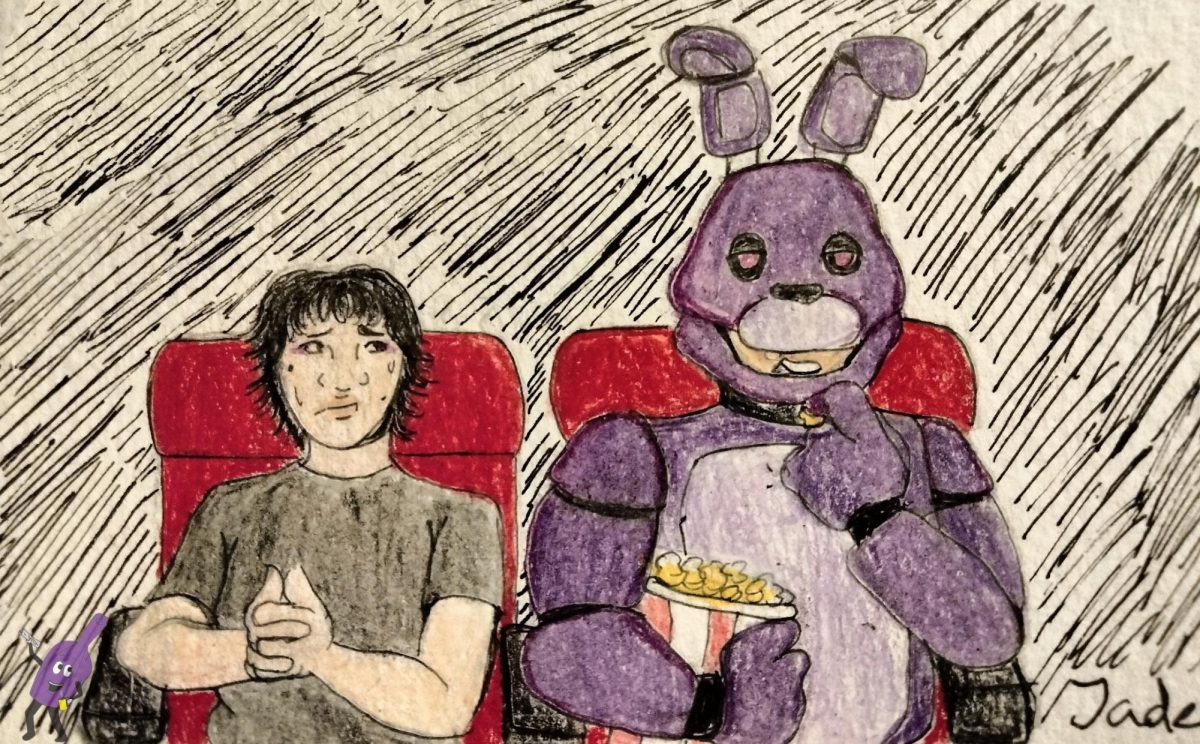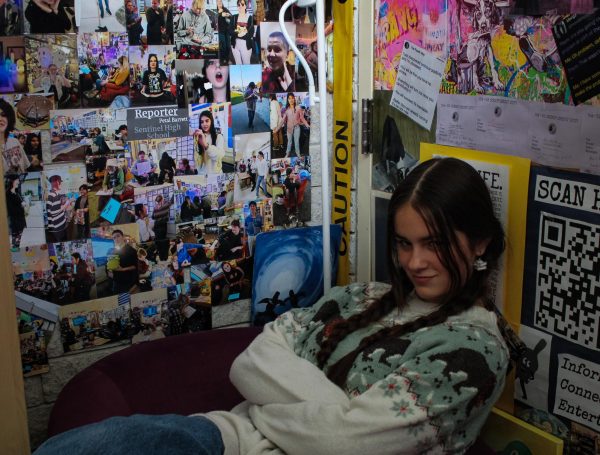The movie theater has always been a place to make memories. However, in exchange for this experience, people were expected to follow rules in order to maintain civil behavior during a showing.
For years these rules were taken with relative ease from the viewers as, back then, going to the movies was a very special occurrence meant to be treated seriously. On the other hand, nowadays people are held to lower standards by both the theater itself and by society as a whole.
While some find the relaxed tone of current behaviors to be disrespectful to the other viewers in the theater, others believe it to be a part of the theater’s overall experience.
With the release of certain movies this behavior is thought to have gotten worse and the etiquette the theater has come to tolerate as ‘acceptable’ is more relaxed than ever should be. Their message stands, society should be held to the same standards it once was.
But would those standards fit in with today’s world?
The first cinema for the U.S. was opened in Louisiana in 1896. Back then behavioral expectations were drastically different than those we require now. Before the film began, the audience would receive instructions on how they were to act throughout the movie.
Decorative cards would appear on the screen instructing the audience that things like “loud whistling and talking [are] not allowed,” and if they would “please applaud with hands only.” Viewers were also asked to remove their hats during the screening so as to not block the view of those behind them.
The cards displayed were often of people in objectively humorous situations as it was believed that “disarming comedy was [seen as] the best way to deal with theater scofflaws.”
These requests were very reasonable seeing that movies of the time were completely silent. Any sound one wished to include would have to be orchestrated by a live band in order to accompany the dramatics of the scene.
As our way of showing films has developed, the rules too have changed. Some of the current basic rules when it comes to viewing movies are as follows: Silence all devices, keep talking a minimum, no photography or videography during the movie, respect others personal space, and keep noisy children out of the theater.
Many of these rules are similar to those when the cinema first opened. However, there are some differences in the dress code of the audience.
Because movie theaters were new, most folks would dress up rather elegantly if they were to attend. Casual clothes or anything in costume was considered inappropriate when it came to the cinema.
This mentality has drastically changed as the years have gone by. Viewers of the more recent years will often keep clothes casual if they are to attend a movie. This is because many find dressing up for something so mundane to be slightly out of the ordinary.
Once movies developed sound, slight whispering was also much more tolerated during a showing than it once was. Although many people still maintained diplomacy if they were to attend any kind of film in public.
More recent movies – as well as generations – have caused many people to break out of the more “classic” expectations of the theater.
With the release of the Barbie movie as well as films such as, Openheimer, Five Nights at Freddy’s, and Taylor Swift: The Era’s Tour, it has been found increasingly more common to see people dressed in costume or some kind of dedication to the film they are seeing.
Images of people attending these shows in full costumes circulated around the internet for quite some time as various other movies have been released. Therefore causing an entirely new circuit of costumes to begin.
For Barbie fans it was all pink, they would take on the full Barbie aesthetic. This was also the case for Openheimer and those who chose to see both on the same day would even change clothes before each movie started to fit the theme.
When Five Nights at Freddy’s hit the theaters on October 27, 2023, individual viewers and groups alike were seen attending in full cosplay of their favorite characters. Communities across the web were seen lighting up with conversations detailing what fans would be wearing.
Some have found it fun and interesting to see the intricate costumes and ideas people will come up with just to attend a movie. It has even been used as a bonding experience for audience members who take interest in one another’s crafting skills.
Wearing a costume to the movies is not a new development. For years fans have been dressing up for Marvel, DC, and many other films that are typically branded as being “adult.”
Previously, some theaters had banned wearing costumes for all members. This was particularly common after DC’s The Dark Knight Rises spurred a shooting in 2012. Whether they said it was for safety reasons, fans of theater were outraged that they were unable to show their excitement for their favorite films.
Due to intense backlash a majority of these bans have been lifted. Though certain restrictions do apply: no masks, weapons (fake or real), and it is asked that larger pieces be removed if people are sitting behind them.
Another “rule” that seems to have been almost completely abandoned, is that of talking or singing during movies.
When Taylor Swift: The Era’s Tour film was first released to theaters, obsessive noise had already been expected and they made the first move by letting fans know it was permitted for them to make noise.
Fans were seen jumping, dancing, singing, and throwing all caution to the wind while they watched Taylor on screen. They may not have been following the technical rules but it is arguable that the audience that day had more fun than any other in history.
Seeing a movie is supposed to be a pleasant experience. Rules and regulations have changed right alongside society and will continue to do so as time moves on. What any specific company deems is best for their audience is how things are meant to be.
As long as a person’s way of having fun is not actively interrupting the viewing experience of another then how they choose to enjoy the movie is their business.
The happiness of one should not be replaced by the silence desired by another. Everyone should be able to have fun, sit back, and enjoy the movie.





